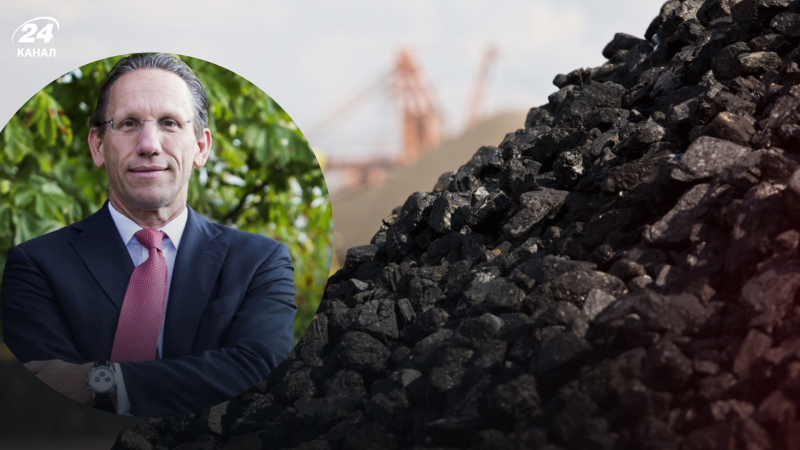Kukies noted that Germany is refusing Russian energy carriers/Channel 24 Collage
The struggle for energy independence from Russia continues all over the world. Thus, Germany will stop buying coal and oil from the aggressor country.
This was stated by Deputy Finance Minister Jörg Kukies during the energy forum in Sydney. He emphasized that at first they are talking about the rejection of coal from Russia, and later – oil.
Germany was very dependent on coal and oil from Russia
If we talk about the timing, then the refusal of Russian coal is scheduled for August 1. But Germany will not buy oil from the aggressor country from December 31. This time frame is necessary for the country in order to establish alternative sources of energy supplies.
Kukies stressed that the main task will be to replace energy carriers from Russia. After all, the EU plans to abandon 158 billion cubic meters of blue fuelfrom the aggressor country. And this means that certain adjustments will need to be made so that neither enterprises nor citizens suffer.
“In a few weeks we will stop using Russian coal,” he stressed.
He also noted that Germany is highly dependent on Russian oil and coal. 40% of what she consumed was delivered from the aggressor country.
For everyone who is familiar with the history of the Druzhba oil pipeline, which was already an instrument of the Soviet empire over Eastern Europe, getting rid of this dependence is not a trivial matter, but something that we will achieve in a few months, Kukies emphasized.
Gas from the US and Qatar is not enough
Kukies also stressed that Germany is working on the development of gas import terminals. This is a necessary step taken by the country to fill the amount of blue fuel that it will not receive as a result of refusing to cooperate with Russia.
At the same time, he noted that gas from the United States and Qatar will not be enough. And all because these states in the EU will be transport only 30 billion cubic meters. And this is one fifth of what they received before Russia. Therefore, Kukies emphasized, it is now even difficult to imagine the scale of the problem that European countries have driven themselves into by becoming dependent on Russia.
The Deputy Minister of Finance of Germany noted that although the state has embarked on a transition to zero emissions, < strong>getting rid of gas dependence will not be possible soon. It will not be possible to immediately switch to renewable energy sources and get enough of it. This will be a parallel process: over time, the amount of gas consumed will be significantly reduced.
Note that soon the representatives of the EU member states will meet again. They will discuss a new package of sanctions against Russia. True, it is not about the seventh, but the addition to the sixth. It will include new names of sanctioned persons, as well as loopholes that the aggressor country could use to circumvent restrictions against itself.

